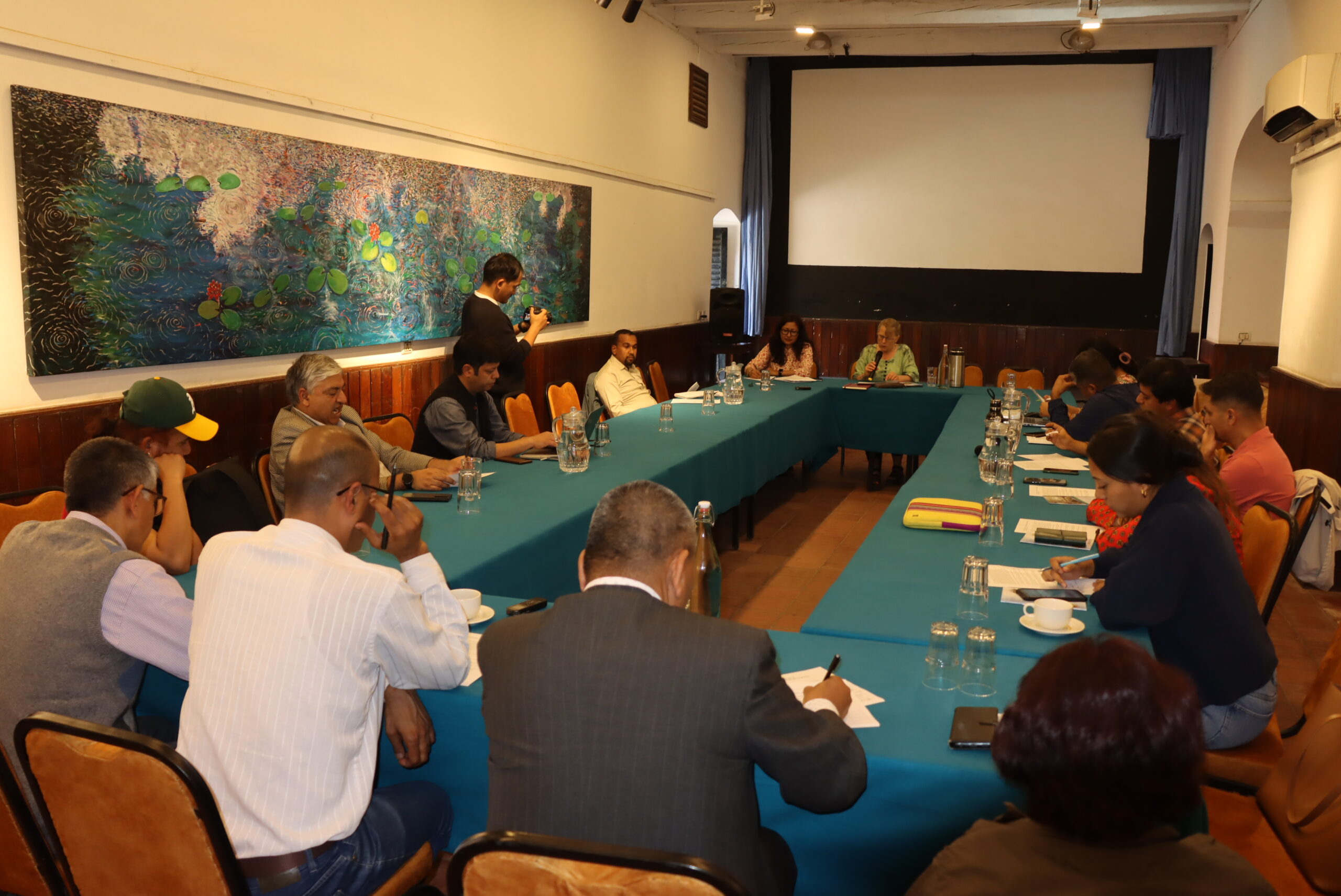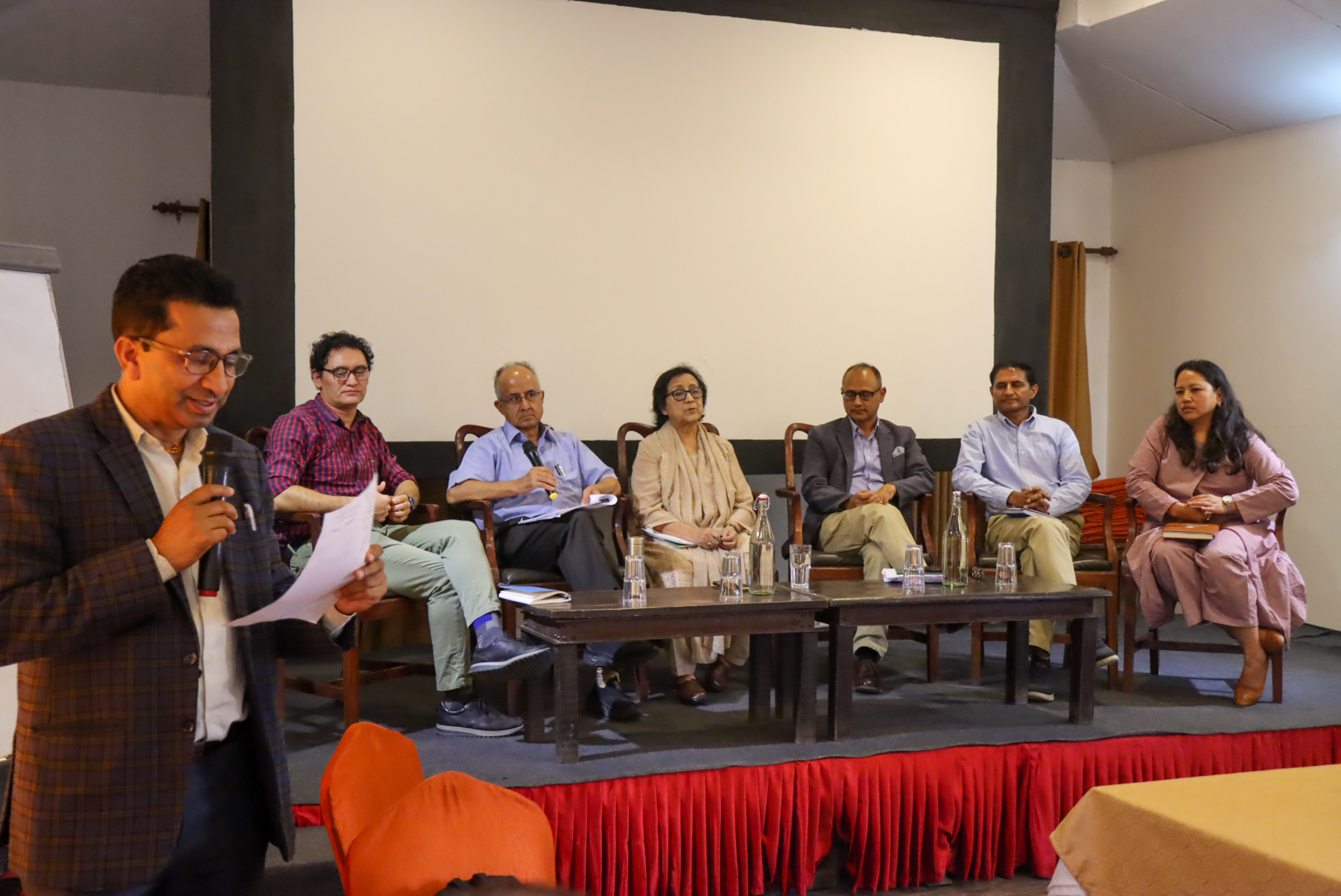SIAS fellow Gunjan Dhakal presented on “Tragedy of Consensus: Crisis in Local Democracy and Options for Improved Local Governance” in The Annual Kathmandu Conference on Nepal and the Himalaya.
Abstract:
The political discourse in Nepal’s post-2006 transitional period privileges “consensus” among powerful actors as a model of decision-making. As this model takes shape in local government structures as all-party mechanisms—that continue to be powerful even when they have been disbanded in early 2012—governance and service delivery functions of local government units have been impacted in significant ways. The perpetuation of APM and the informality of its decision-making add another layer of challenge to the efforts on devolved local governance that came up right from the promulgation of local governance legislation in 1999. Elected officials were displaced during the Maoist insurgency; no elections were held after the expiry of term of elected officials in 2002; the decision-making in local bodies was entrusted to bureaucrats against the ethos of local governance; and the political discourse post-2006 privileged federal restructuring at the expense of local democracy. Yet, over the past decade, the Government of Nepal introduced several measures and tools to improve local governance, harmonized policies in education and service sectors and mobilized substantial aid resources. However, in recent years, there has been a widespread perception of misuse of funds and of authority in local jurisdictions. These perceptions raise alarms in regard to the resources and efforts put around local governance. This paper, which is developed out of a political economy study of local governance in Nepal, explores how the APMs, other structures, and the actors within them influence decisions especially linked to the allocation of resources. It also explores the role of the devolved structures in the effectiveness of service delivery in health and education sectors. The paper finally offers tentative recommendations toward improving governance and service delivery.
Date: 21st July, 2012
Venue: Hotel Shanker
HALL B
PANEL B1: CONDUCTING PUBLIC POLICY RESEARCH IN NEPAL – CHALLENGES AND OPPORTUNITIES AHEAD
9:00 – 10:45 AM




